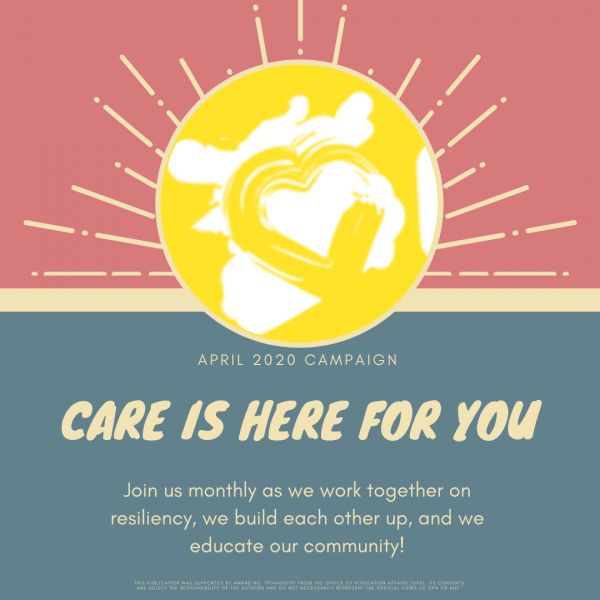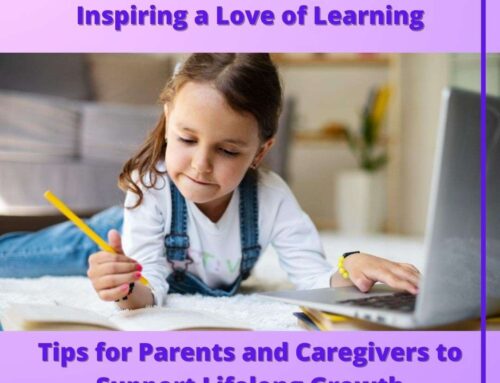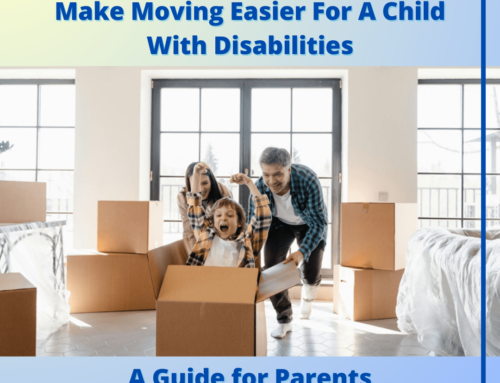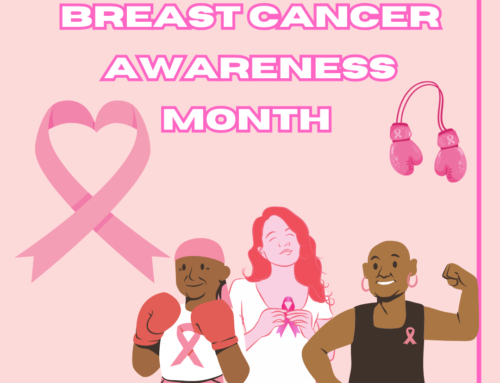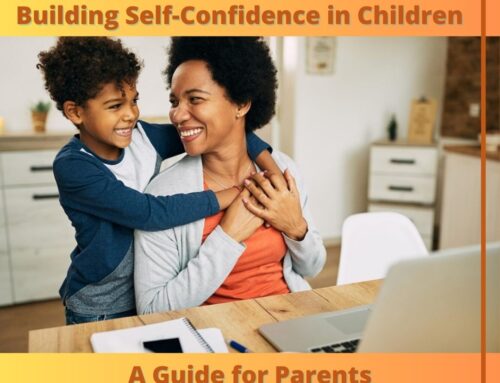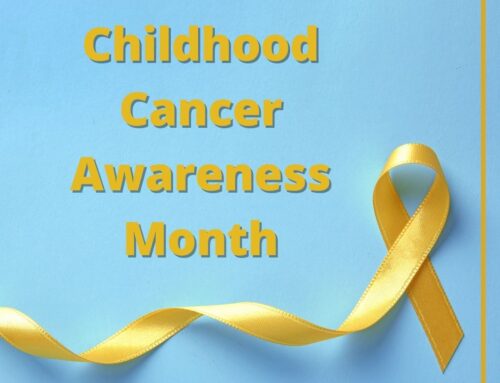Greetings Readers!
As our daily lives and routines have drastically shifted, changes and uncertainty have the capacity to overwhelm our physical, mental, and emotional wellbeing.
As a parent, having to care for other’s needs, be it children and structuring their daily schoolwork, keeping them entertained, caring for our elderly family members, personal responsibilities; or perhaps you have lost your main source of income and are worried about your financial situation, or you are an essential worker and worry about your health and the health of your loved ones.
As a teen, perhaps you are overwhelmed by the drastic changes in your daily routines, you are anxious about the future, your mental state depleted by social distancing and not being able to hang out with friends, or you are saddened that you won’t be able to go to prom or have proper graduation.
Sometimes it may feel like we are together-alone, meaning that the same global situation is having a completely different experience for each of us which can lead us into taking care of our own needs last. We may have read this before: we are all in this together. But how have we felt supported besides words of encouragement? It is our goal to provide meaningful and palpable support, information, and resources for you to continue to gather strength every day, to fine-tune your resiliency skills, and to give you innovative ideas to continue this journey. During the next months, we will be partnering with local organizations to inform us of the resources they provide.
To begin, let’s discuss ideas on how to support your mental wellbeing by rewording certain thoughts. Reframe:
- “I am too overwhelmed” to “I cherish the extra time I get to spend with my family”
or to “I am excited about creating more happy memories” - “I don’t know what to expect and it makes me feel afraid” to “I focus on
opportunities over obstacles” - “When will this end?” to “I am grateful to be able to share more time with my family
with innovative activities”
Periods of social distancing can lead to feelings of isolation, anxiety, and depression. Coping with stress will help you feel stronger. Some useful ideas to help you cope are: (1), (2)
- Take breaks from watching, reading, or listening to news stories, including
social media. Hearing about the pandemic repeatedly can be upsetting. - Take care of your body. Take deep breaths, stretch, or meditate. Try to eat healthy, well-balanced meals. Exercise regularly, get plenty of sleep.
- Avoid alcohol and drugs
- Make time to unwind. Try to do some other activities you enjoy.
- Connect with others. Talk with people you trust about your concerns and how you are feeling.
- A chaotic home can lead to a chaotic mind. Setting up mental zones for daily activities can be helpful to organize your day. For example, try not to eat in bed or work/schoolwork on the sofa- just as before, eat at the kitchen table and work at your desk.
- Use telehealth as an option to talk to a professional if your anxiety becomes unmanageable.
- Remove the stigma of asking for help. Reach out to local organizations for needed resources, such as food distributions or assistance programs.
Taking care of your own mental and emotional health is as important as ever. There are ways to support yourself. If you or someone you care about is feeling overwhelmed with emotions like sadness, depression, or anxiety, or feel like you want to harm yourself or others: (1)
- Call 911
- Visit the Disaster Distress Helpline, call 1-800-985-5990, or text TalkWithUs to 66746
- Visit the National Domestic Violence Hotline or call 1-800-799-7233 and TTY 1-800-787-3224
For the youth, if you know you or your friends need immediate help, please call Teen Lifeline to assist:
- IN MARICOPA COUNTY: 602-248-8336 (TEEN)
- OUTSIDE MARICOPA COUNTY: 1-800-248-8336 (TEEN)
- OUTSIDE ARIZONA/NATIONALLY: 1-877-YOUTHLINE or 1-800-SUICIDE
Rest assured, you are not alone in this. It takes strength to ask for help. Taking care of your physical, mental, and emotional wellbeing first will open the way to helping those you love, and by extension, strengthen the community.

